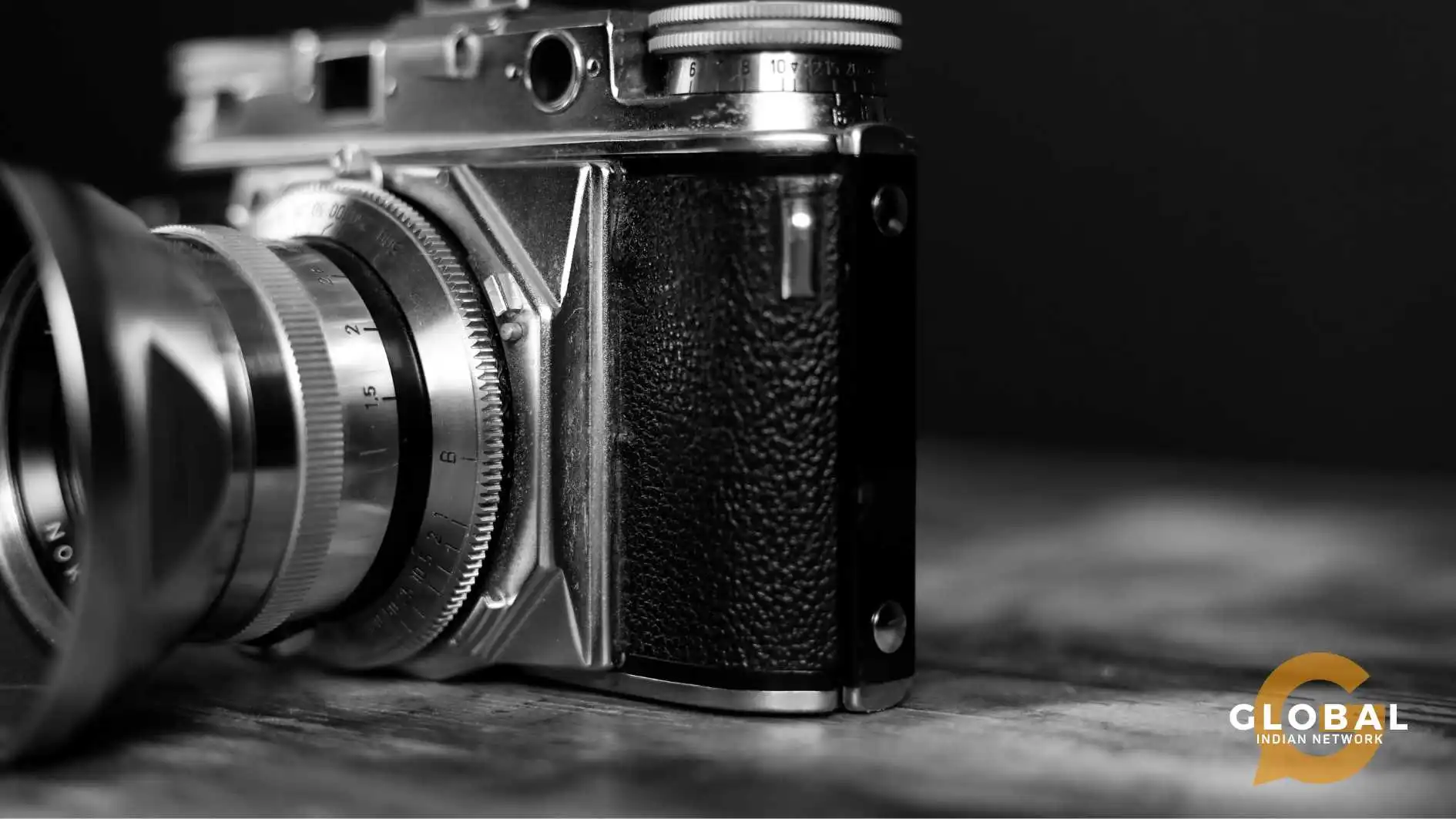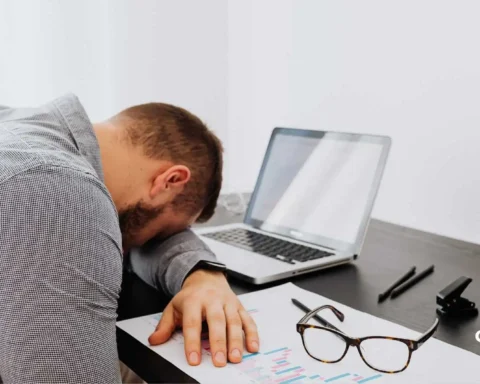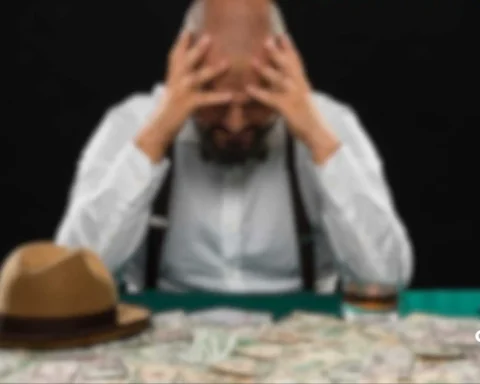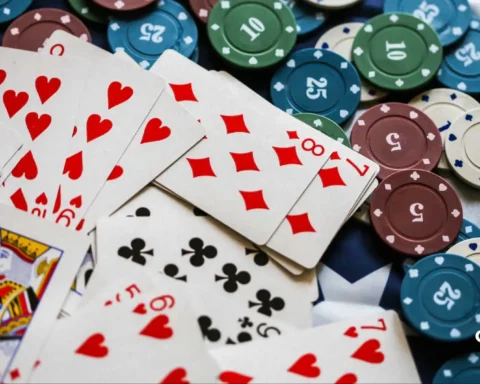Every person in the world carries their phone with them every second of every day. It has become a wonted practice to take out your phone for a quick picture to capture a moment in time that is worth safeguarding as a precious memory. You do not have to be a professional photographer to be addicted to photography.
You never know when this compelling hobby can become a photography addiction. As with many passions, there is a fine line between enthusiasm and addiction. If photography is starting to consume an excessive amount of your time, energy, and resources to the detriment of other aspects of your life, it might be time to reevaluate your relationship with the craft.
Table of Contents
Photography Addiction and Social Media: Are You Capturing or Compulsively Clicking?
Susan Sontag, in her work On Photography: “In Plato’s Cave,” says that “needing to have reality confirmed and experience enhanced by photographs is an aesthetic consumerism to which everyone is now addicted.” Here, addiction to photography is likened to aesthetic consumerist addiction using Plato’s allegory of the caves, and social media heavily influences and feeds this addiction by being a dopamine shot.
More than memories, through social media, photographs have become a medium to gain fame. Constantly trying to get that perfect shot leads to compulsively clicking rather than actually being in the moment. But once that perfect shot comes into being, the euphoria makes you want to do it again and again. Street photography is one example where photographers carry all their equipment and spend hours capturing the perfect candid shot, only to spend hours post-production editing it even further. Photography can be a highly sophisticated process where perfectionists thrive. But even passion for photography can turn into detrimental photography addiction.
Even an amateur photographer or a hobbyist photographer can fall into the seemingly endless spiral of social media validation for likes and comments. Validation exists for every art form. When your art form is appreciated, you get that extra push of motivation to continue doing well. Social media does exactly this by providing validation to photographers and being “brain candy”. The photography dopamine addiction and instant gratification ensured by social media fix you in a dopamine loop. Dopamine starts you seeking, then you get rewarded for seeking, which makes you seek more. It becomes harder and harder to stop looking.

The Hidden Impact of Photography Addiction on Mental Health
Addiction to photography is not officially recognized as a medical condition, but it shares similarities with other behavioural addictions while also being a form of therapy. It manifests when the desire to take pictures begins to overshadow daily responsibilities, relationships, and mental health.
Let alone portrait photographers in the field of commercial photography with digital cameras; even an amateur photographer can face mental health issues by obsessing over the quality of their work or comparing it to others, which can cause anxiety, low self-esteem, and even depression. While some might view it as a beautiful addiction, it is nevertheless a real addiction that serves the purpose of narcotics, whose cessation can cause severe trauma. An avid photographer constantly captures real life and tries to make a spiritual experience static.
Two signs of photography addiction that also impact mental health are:
- Social: Prioritizing photography over work, studies, or family gatherings and events and subsequently editing for hours can lead to social withdrawal. Daily shoots, solitary photo sessions, obsessiveness about capturing the light at sunset for a perfect shot, and making copies of pictures are all social signs of photography dopamine addiction.
- Financial: The art of photography can be really expensive, putting a financial strain on spending money on gear. From a wedding photographer to an amateur event photographer, a baby photographer, a dance photographer, or even a hobbyist photographer, overspending on gear, software, or travel for photography is inevitable when it comes to a life in photography.
Selfies, which occupy the photo gallery in every person’s phone, are created because of dopamine. It’s a dopamine shot that always leaves you asking for more. Selfies are seen as crucial for a blog post, an insightful post, or even just to capture an amazing moment. This incessant need to always capture anything out of the ordinary is brain candy for individuals. An avid photographer is bound to feel the negative mental health impacts of the same sooner or later.
The Psychology Behind Photography Addiction: Why It Happens and How to Address It
Photography is no longer exclusive. Society is neurotically documenting everything. The depth of the field of photography and its addiction cannot be fully grasped. The name photography dopamine addiction itself explains the role of dopamine. Photographers get a dopamine shot based on the positive reactions of their subjects or from the social media reactions to what they have created.
Daily shoots to capture the light at sunset and editing for hours amount to the inescapable addiction to the art of photography. Following are some ways on how to address it:
- Reflect on your relationship with photography: Ask yourself if you are using photography to escape other responsibilities, if you feel guilty about the money spent on photography, or if your relationships are suffering as you are unable to attend family gatherings.
- Set boundaries: Set clear limits for your photography activities instead of spending a couple of months or a couple of weeks for a perfect shot. Dedicate specific hours, avoid taking your camera to family events, and limit time spent editing or posting on social media.
- Practice mindfulness: Photography addiction often stems from an inability to live in the moment. Ironically, photography itself is a practice of capturing fleeting magic moments. You need to focus on the experience rather than the outcome and limit the number of shots you take, concentrating on quality over quantity.
- Diversify your interests: If photography is your sole passion, it might be consuming too much of your identity. Explore other hobbies or activities that help strike a balance and reduce over-reliance on photography, thus reducing photography’s dopamine addiction.
- Reconnect with people: Share your love of photography with others without letting it dominate your interactions and interrupt family events. Do not isolate yourself even for accomplishing your dream photography goals; instead, invite family or friends to join your photo walks.
Photography Addiction: Transforming an Obsession into a Healthy Hobby
Once you have taken steps to address your photography addiction, focus on cultivating a balanced relationship with your hobby. Drop by your neighbourhood-friendly photo studio occasionally to help with their shoots.
Instead of perfect shots, aim for candid shots that do not require a lot of preparation—just a single click to capture a magic moment or any intriguing article. If you are a freak of nature, then truly immerse yourself in nature instead of frantically clicking away at every new bird you see and distance nature from making it a fascinating article to feed your photography dopamine addiction. There need not always be amazing light but any fascinating article or candid shots at family events need not be perfect.
Periodically take time off from photography to recharge and gain new inspiration. Engage with photography clubs or online forums to share your passions constructively. You can even use your skills to contribute to causes you care about, such as volunteering for nonprofit organizations where capturing a magic moment might also make it magical for the subject. You can also write a blog post about it later or make insightful posts.

Conclusion
Photography is a powerful medium for storytelling, creativity, and connection. But like any passion, it can become overwhelming when not managed mindfully. The best pictures enhance your life, not control it; therefore, it is better to quit before you enter the confining maze of photography addiction. Dream photography can be attained even without being wholly and entirely consumed by it.
FAQs
What is a photo addict called?
According to the Merriam-Webster website, a photo addict is called a shutterbug because of the quick shutter speeds of professional and phone cameras alike.
Why is photography addictive?
The dopamine and euphoria caused by capturing unforgettable moments of life in photography make it addictive. The urge to depict any intriguing article in amazing light and excellent form are all characteristics that make photography addictive.
Is photography good for mental health?
While photography can be a form of therapy for any janky photographer or amateur event photographer, long working hours and making copies of pictures for a couple of weeks can make the whole process very tiring and thus draining for mental health.









